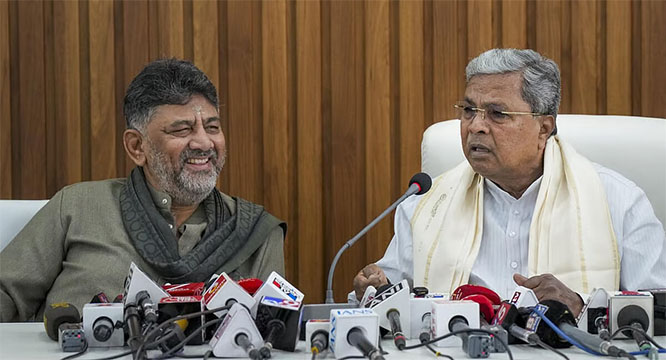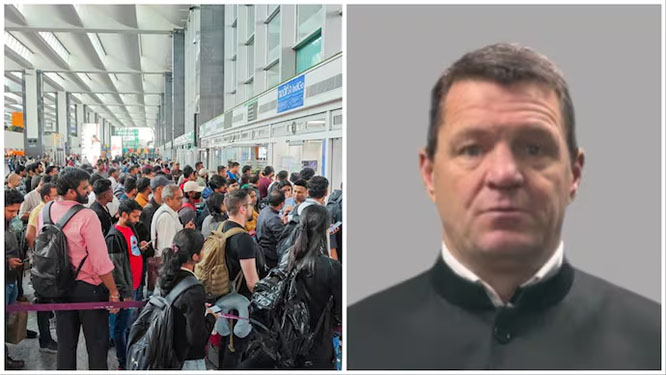
At least five Australian universities have placed bans or restrictions on students from some Indian states, amidst a surge in fraudulent applications from South Asia seeking to work – not study – in this country, according to a media report.
Australia is on track for its biggest-ever annual intake of Indian students, topping 2019’s high watermark of 75,000.
But the current surge has prompted concerns from lawmakers and the education sector about the integrity of Australia’s immigration system and the long-term impact on the nation’s lucrative international education market, The Sydney Morning Herald newspaper reported on Tuesday.
“The volume of students arriving has come back a lot stronger than anyone was expecting,” said Jon Chew from global education firm Navitas.
“We knew there would be a lot of pent-up demand, but there has also been a surge in non-genuine students,” Chew was quoted as saying.
With many applications deemed by universities not to meet Australian visa requirements that they are a “genuine temporary entrant” coming solely for education, universities are putting restrictions in place to pre-empt their “risk rating” being downgraded, the report said.
An investigation by The Age and The Sydney Morning Herald newspapers has obtained emails from within Victoria University, Edith Cowan University, the University of Wollongong, Torrens University, and agents working for Southern Cross University that show the crackdown on applications from Indian students.
Those universities that have restricted access to some Indian states are concerned Home Affairs will reduce their ability to fast-track student visas because of the number of applicants who are actually seeking to work – not study – in Australia.
Perth’s Edith Cowan University in February placed an outright ban on applicants from the Indian states of Punjab and Haryana, then in March, Victoria University increased restrictions on student applications from eight Indian states, including Uttar Pradesh, Rajasthan and Gujarat.
These restrictions came just days after Prime Minister Anthony Albanese visited India, in part to celebrate Australia’s education links and announce a new agreement with Australia’s universities and colleges that would, he said, herald “the most comprehensive and ambitious arrangement agreed to by India with any country”.
Crucially, the agreement included a “mutual recognition of qualifications between Australia and India”, which will make travelling to either country for university study easier.
The University of Wollongong in March also ratcheted up conditions on its “genuine temporary entrant” test on students from India, Nepal, Bangladesh, Pakistan, Lebanon, Mongolia, Nigeria and “other countries deemed a risk (of students not being a genuine temporary entrant) by the Department of Home Affairs”.
A spokeswoman for Adelaide’s Torrens University said it too was “now looking carefully at each area where our applications come from” after the university told The Times Higher Education in March that it was considering only “very strong” applications from Gujarat, Haryana and Punjab, the report added.







Comments
Add new comment